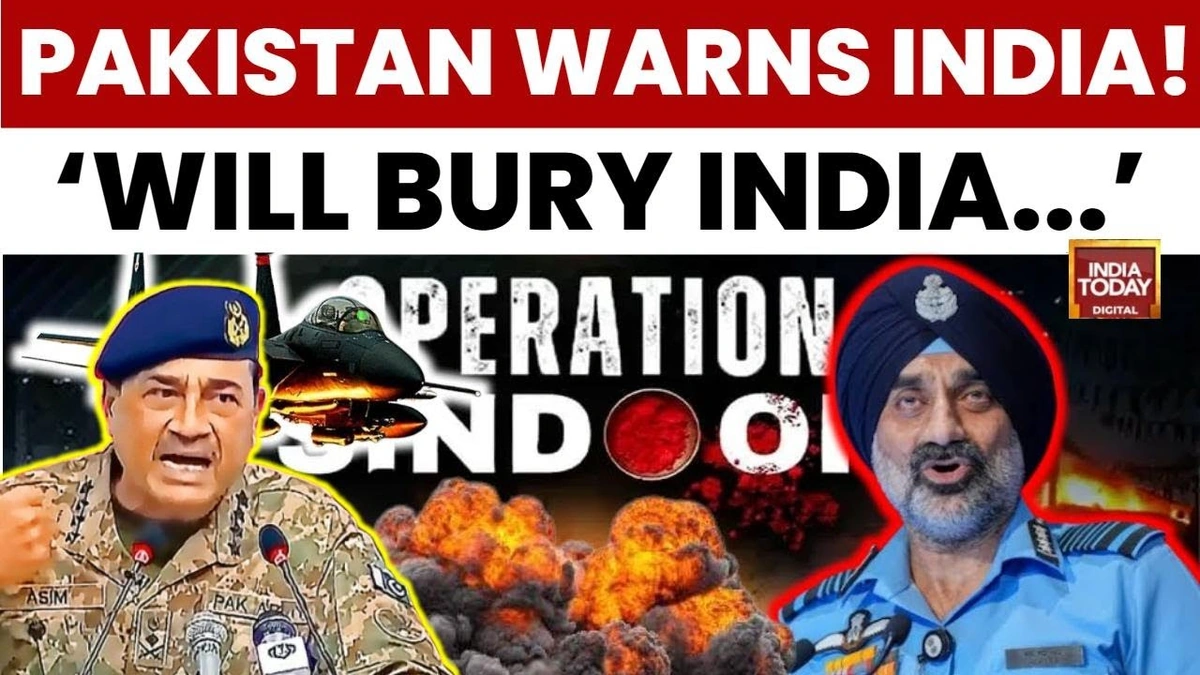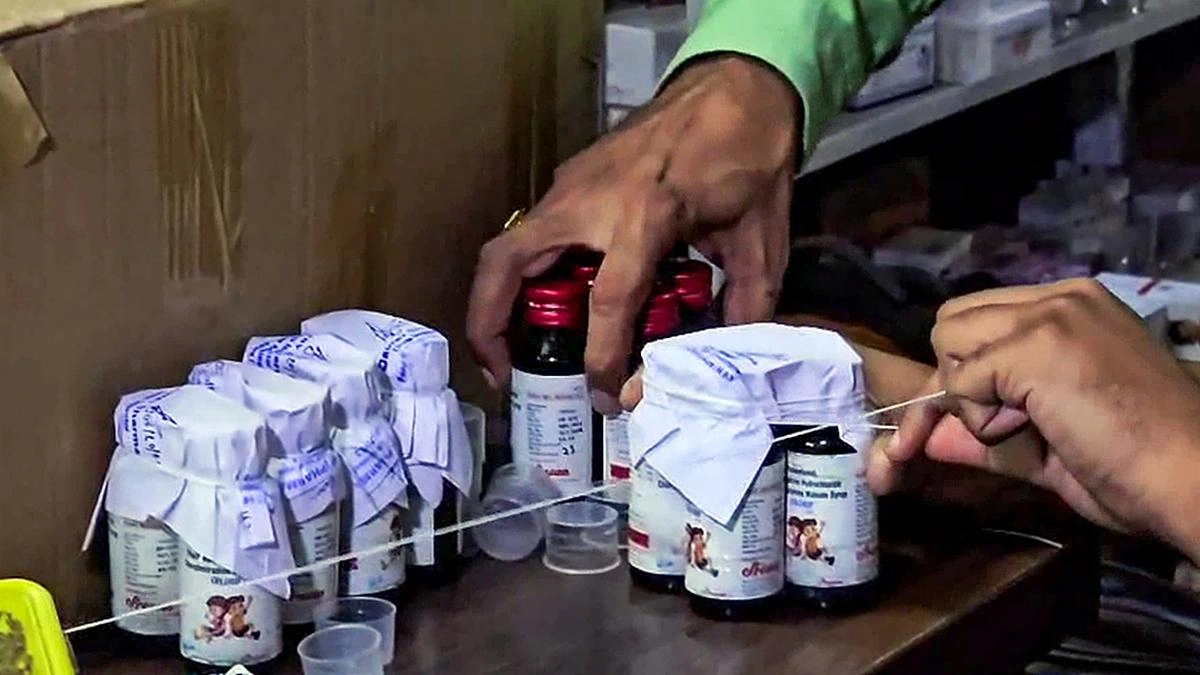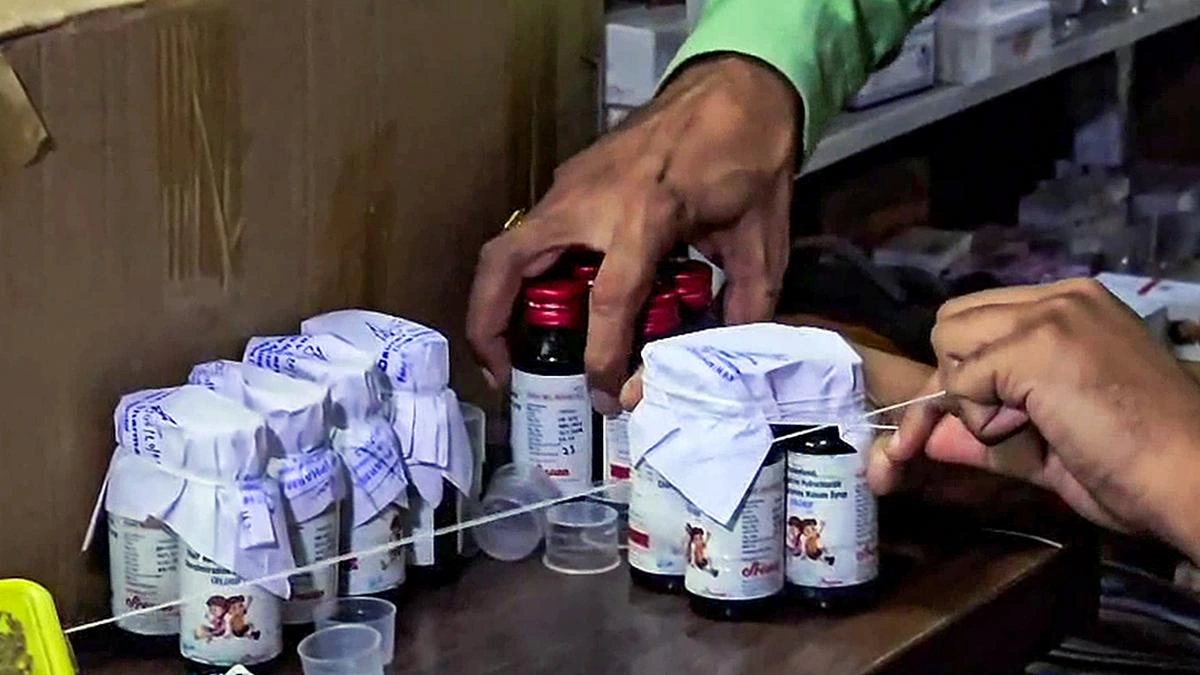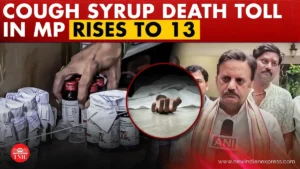North Bengal Floods Kill 23, Jaipur Hospital Fire Kills 7, Supreme Court Questions Sonam Wangchuk Detention
It’s one of those days when you open the newspaper – or, more likely, scroll through your newsfeed – and it feels like everything is going wrong. India News is rarely a string of uninterrupted good news, but today’s headlines hit particularly hard. We’re talking about devastating floods in North Bengal, a tragic hospital fire in Jaipur, and the Supreme Court weighing in on the detention of Sonam Wangchuk. Let’s not just skim over these events. Let’s dive into why they matter – because these aren’t just isolated incidents; they’re symptoms of deeper issues.
The Bengal Floods | Nature’s Fury and Our Preparedness
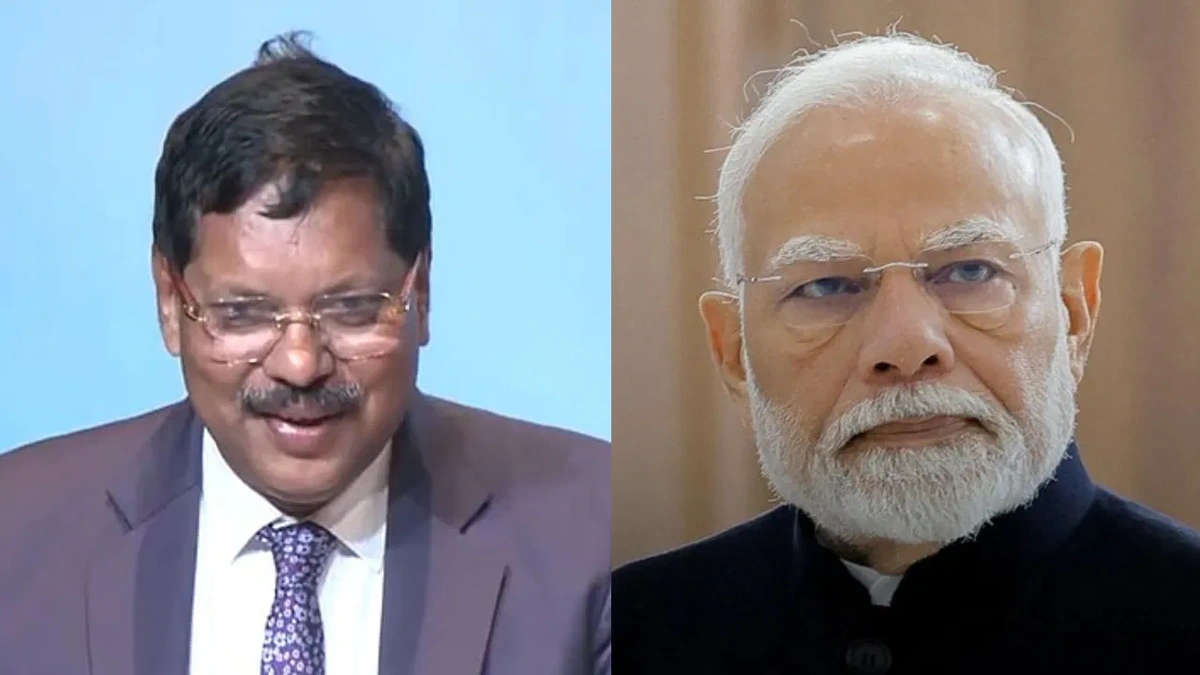
First up, the floods in North Bengal. Twenty-three lives lost – a number that represents families shattered, livelihoods destroyed, and communities thrown into turmoil. But here’s the thing: floods in Bengal aren’t exactly breaking news. The region is prone to them. So, the real question isn’t just “Why did this happen?” but “Why weren’t we better prepared?”
Climate change is a huge factor, of course. We’re seeing more extreme weather events, and that’s not going to change anytime soon. But climate change doesn’t act alone. Poor infrastructure, inadequate drainage systems, and a lack of effective early warning systems all contribute to the scale of the disaster. The Brahmaputra and Teesta river basins are particularly vulnerable and require comprehensive flood management strategies. What fascinates me is the lack of proactive measures in place despite knowing the risks.
Let’s be honest – reactive disaster relief is important, but it’s not a long-term solution. We need to invest in infrastructure that can withstand these events, and we need to ensure that communities have the resources and knowledge to protect themselves. Early warning systems are critical; access to safe evacuation routes and shelters are essential. It’s a multi-pronged approach, and right now, we’re falling short.
Jaipur Hospital Fire | A Preventable Tragedy?
Then there’s the Jaipur hospital fire. Seven lives lost. Again, a tragedy that raises uncomfortable questions. Hospital fires are, sadly, not uncommon in India. And that itself is a massive problem. What’s particularly galling is that these incidents are often preventable.
Here’s the thing: fire safety regulations exist. Hospitals are supposed to have regular fire drills, functional fire suppression systems, and clear evacuation plans. But – and this is a big but – these regulations are often poorly enforced. Inspections are infrequent, and when violations are found, the penalties are often too lenient to deter negligence. A common mistake I see is that hospitals are so focused on medical care that they miss safety protocols.
Let me rephrase that for clarity – it’s not just about having regulations on paper. It’s about ensuring that those regulations are followed. It’s about holding hospitals accountable for the safety of their patients. And it’s about investing in fire safety training for hospital staff. We need stricter norms for hospital fire safety , regular audits, and immediate action on violations. This isn’t just about preventing fires; it’s about saving lives.
Sonam Wangchuk Detention | Questions of Free Speech
Finally, the Supreme Court is questioning the detention of Sonam Wangchuk. Now, this is a different kind of crisis – a crisis of freedom of expression. Wangchuk, an engineer and innovator known for his work in Ladakh, has been a vocal critic of government policies. His detention raises serious questions about the limits of dissent in a democracy. According to legal experts, questioning the detention by the Supreme Court highlights potential overreach by authorities.
This isn’t about whether you agree with Wangchuk’s views. It’s about the fundamental right to express those views without fear of reprisal. Dissent is essential for a healthy democracy. It challenges the status quo, it holds power accountable, and it forces us to consider different perspectives. When dissent is suppressed, everyone suffers. The Supreme Court’s intervention is a welcome sign, but the case highlights a worrying trend of stifling voices of dissent. What fascinates me is the delicate balance between national security and individual liberties.
The issue of free speech is complex, especially in regions with ongoing security concerns. However, the principles of democracy dictate that dissent, even when uncomfortable, must be protected. A transparent and fair legal process is crucial to ensure justice and uphold the values of freedom of expression.
The Interconnectedness of Crises | Why It All Matters
So, what’s the common thread here? What connects the floods, the fire, and the detention? It’s this: these events are all symptoms of systemic problems. They reveal failures of governance, failures of accountability, and failures to prioritize the well-being of ordinary people.
We often see these events as isolated incidents, but they’re not. They’re interconnected. The lack of preparedness for floods is related to the lack of enforcement of fire safety regulations, which is related to the suppression of dissent. It’s all part of the same pattern: a pattern of neglecting the needs of the most vulnerable and prioritizing short-term gains over long-term well-being. These events underscore the urgent need for systemic reforms and a renewed commitment to good governance and the rule of law.
It’s easy to feel overwhelmed by the constant stream of bad news. But we can’t afford to become numb. We need to stay informed, we need to demand accountability, and we need to work together to create a more just and equitable society. India faces numerous challenges, from climate change impacts to governance issues. Addressing these requires a multi-faceted approach involving proactive policies, community engagement, and robust legal frameworks.
And, crucially, we need to remember that these aren’t just headlines. They’re real lives, real stories, real people affected by these events. Let’s not forget their humanity in the midst of the chaos.
More details about Bengal floods here
Looking Ahead | Towards a More Resilient India
Here’s the thing: despair is a luxury we can’t afford. We must channel our concern into action. This means demanding better from our leaders, supporting organizations working on the ground, and holding ourselves accountable for creating a more just and resilient India. It means advocating for policies that prioritize disaster preparedness, fire safety, and freedom of expression. It means engaging in constructive dialogue and challenging the status quo.
We need to learn from these tragedies and build a more resilient India one where communities are prepared for disasters, hospitals are safe for patients, and dissent is valued as a cornerstone of democracy. Let’s be honest, it’s a long road ahead, but every step we take in the right direction matters. Addressing the root causes of these issues will require collective effort and a commitment to building a better future for all Indians. Jaipur hospital tragedy demands immediate action.
FAQ
What can I do to help those affected by the Bengal floods?
You can donate to reputable charities and NGOs working on the ground to provide relief and support to affected communities.
How can I ensure my local hospital is fire-safe?
You can advocate for regular fire safety inspections and raise awareness about the importance of fire safety protocols.
What are my rights regarding freedom of expression in India?
The Indian Constitution guarantees freedom of speech and expression, subject to reasonable restrictions. You can learn more about your rights from legal resources and advocacy groups.
How can I stay informed about important India News without feeling overwhelmed?
Focus on a few reliable news sources and limit your exposure to sensationalized or negative content. Engage in constructive discussions rather than just passively consuming information.
Where can I find reliable information about climate change impacts in India?
Official government reports, research institutions, and environmental organizations provide valuable data and insights into climate change impacts across the country. It’s best to consult multiple sources.
What fascinates me is not just the problems themselves, but the potential for change. India has the resources, the talent, and the will to overcome these challenges. What we need is a renewed sense of urgency and a commitment to building a better future for all.
